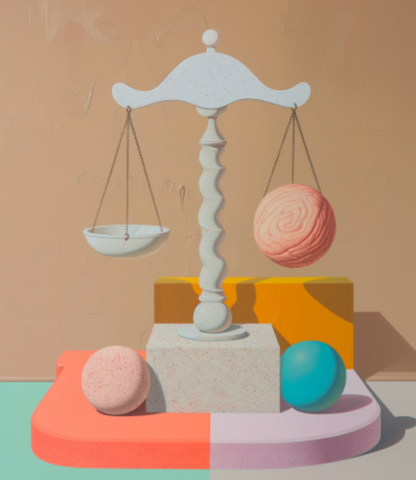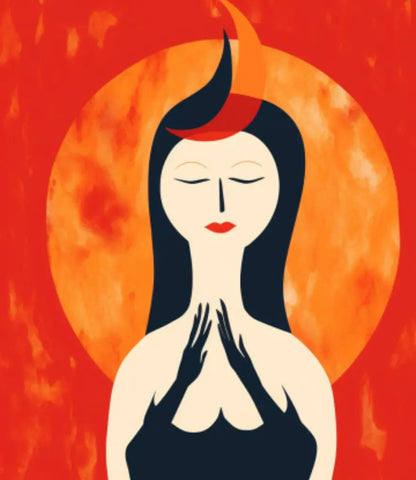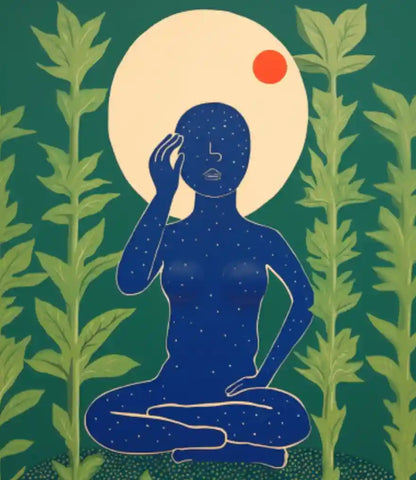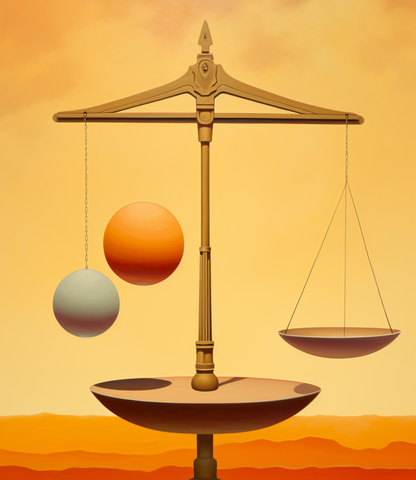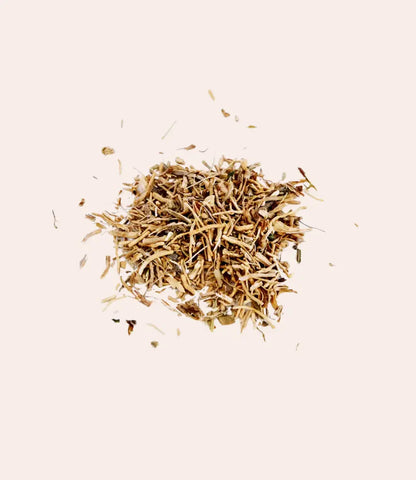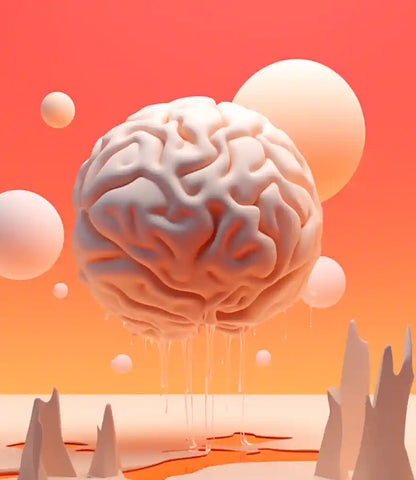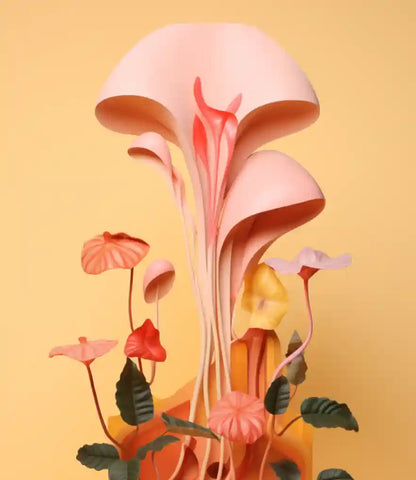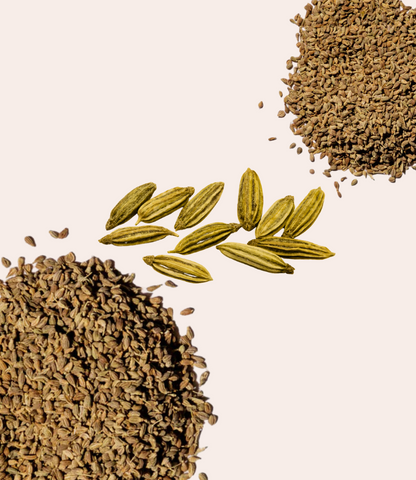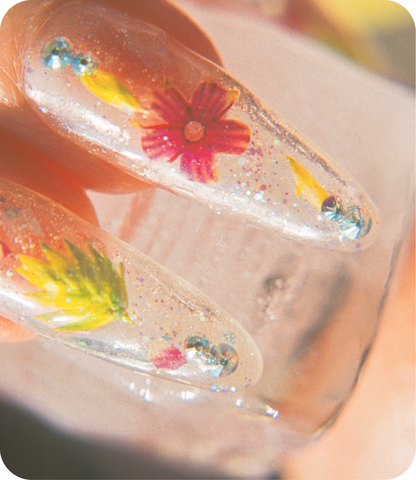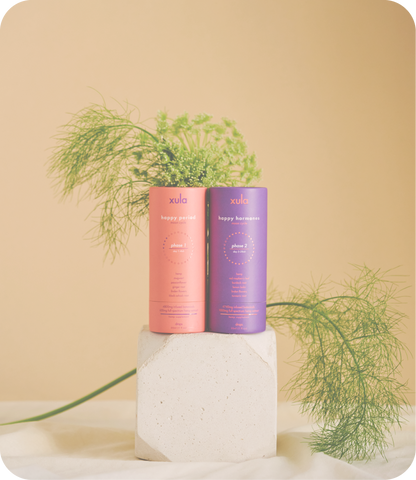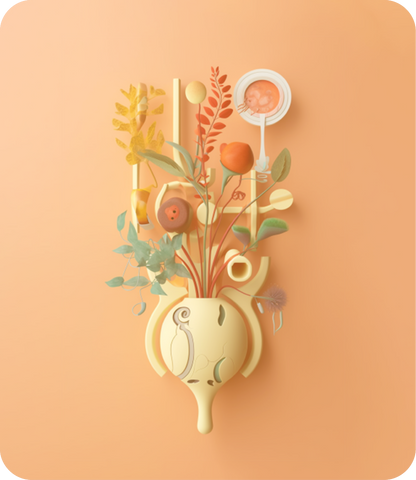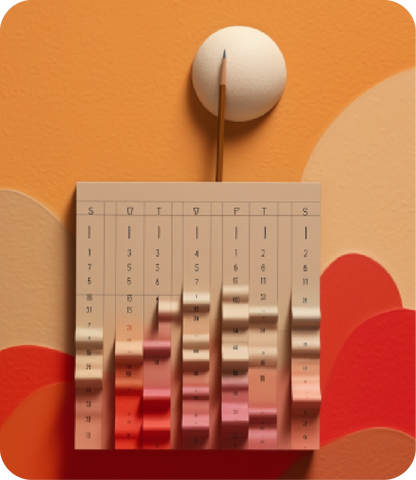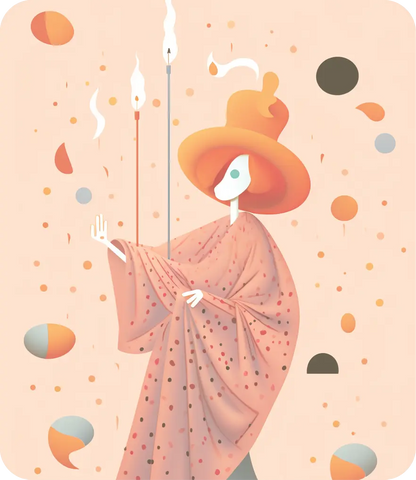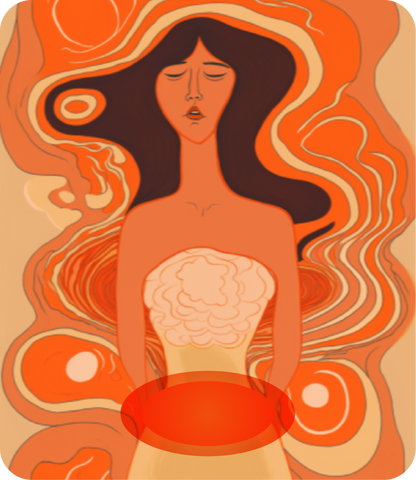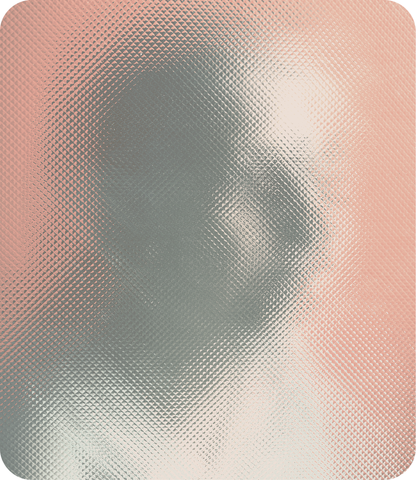
How Your Menstrual Cycle Affects Your Sleep and What You Can Do About It
Your alarm just went off and you can’t seem to throw off the covers and get out of bed. Maybe you’re already awake. Or you were tossing and turning all night, getting up several times without knowing why. You felt a bit too itchy or woke up wet in sweat, wondering if you had a fever. Or it took you several hours to fall asleep in the first place. The result is the same: You slept like shit.
Disturbed sleep, insomnia, and related sleep disorders have a long list of contributing causes. However, one that is much too often overlooked is the relationship between hormones and sleep—specifically, hormones associated with the menstrual cycle. For those of us who experience menstrual cycles, there’s a ton of value in finding ways to help balance our bodies according to the phases of our cycles.
High-quality sleep is essential to wellness. Knowing more about how we can help balance and maintain a good sleep during our menstrual cycles and why we may experience these symptoms in the first place is the first step to feeling ourselves again.
Related to: 6 Powerful Herbal Allies to Help Alleviate Stress
Common Symptoms and the Luteal Phase of our menstrual cycle
Most people with menstrual cycles face problems during the pre-menstrual period. While you might think about irritability, mood changes, and bodily discomforts as the main symptoms, these are all also related to sleep issues. Many women and people with cycles experience sleep issues during the time just before their period and struggle with PMS insomnia. There isn’t just anecdotal evidence—studies back up these claims.
According to research conducted by the US National Sleep Foundation, 30% of people experience disturbed sleep during their periods and 23% also stated they struggle to get a full eight hours in the week running up to their period. While people who experience PMS are twice as likely to experience insomnia, 70% of people with premenstrual dysphoric disorder (PMDD) say they experience insomnia-like problems while 80% describe themselves as overly tired.
When focusing on the phases in our cycle, studies show sleep issues such as insomnia b more common during the luteal phase. The luteal phase starts right after ovulation and ends when your period starts—basically, it’s the second half of your cycle and coincides with when PMS hits. Even if you don’t identify as someone with PMS, the hormonal shifts that occur during the luteal phase can still affect your sleep.
The hormone progesterone is commonly thought of as the culprit behind menstrual insomnia. Progesterone levels increase dramatically during the luteal phase of the menstrual cycle and dip significantly during menstruation, which explains why many often feel relieved or even euphoric after their periods. These fluctuations can change your body’s ability to regulate body temperature, resulting in some very uncomfortable nights.
People who suffer from PMDD are prone to experience enhanced symptoms such as fatigue, insomnia, hypersomnia, elevated temperature levels, or even nightmares!
Related to: PMS and Cramps Are Not the Same
5 ways to help you enjoy your sleep naturally
Better sleep is within reach. Here are some tips to help reduce your PMS and period insomnia, help get a balanced sleep e day, and understand why we need to take care in the weeks leading up to our periods.
1. Herbs to balance hormones
Traditionally herbs have been used to balance hormones, which can lower and ease symptoms of PMS. Herbs like red raspberry leaf, burdock root, and turmeric root (all found in our happy hormones formula) are shown to help balance your hormones during the time leading to your period.
2. Balanced body temperature
It may sound counterintuitive, but taking a warm shower can before bed can help trick your system into lowering your base temperature once you exit the shower. You’ll notice the air and your bed feel just that much cooler and refreshed after a warm shower. Placing a cold or frozen washcloth on your forehead and pulse points (like wrists and neck) is another way to emulate a cool feeling—without drying out the air and running up the electric bill with an AC. You may experience a more restful sleep by incorporating warm showers and cold compresses into your nighttime routine in the weeks leading to your period.
3. Stretches for period cramps
Stretching and releasing tension before bed has been found to help your body rejuvenate while you sleep. Try incorporating some light stretches, yoga, or pilates a couple of hours before you want to sleep. Stretching before bed can also help you avoid discomfort during sleep, regulate your body for the next day, and keep your muscles healthy.
4. Stay Hydrated
Drinking water and keeping your body hydrated each day is crucial to maintaining a balanced lifestyle. A healthy water habit can also help your body cleanse itself of hormones and byproducts that are building up in your system. With this habit, start first thing when you wake up—if you are already experiencing sleep difficulties, drinking too much water near bedtime or throughout the night can trigger more bathroom breaks, making you get up and down from your rest position more than necessary.
5. Meditation and breathing techniques
Along with stretching, focusing on meditation and breathing techniques will help your body relax and allow you to drift away into a deep sleep. Meditation has been shown to help your body produce melatonin naturally, which is a natural hormone for sleep that’ll help you enjoy a restful night’s sleep. As a relaxation technique, breathing and meditation exercises help focus the mind and body while enhancing your inner peace, while releasing any stressful thoughts or mental buildup from your busy day. When incorporating these types of exercises before bedtime, you can reduce insomnia and sleep issues by promoting overall calmness.
Related to: 5 Self Love Rituals to Feel Yourself




